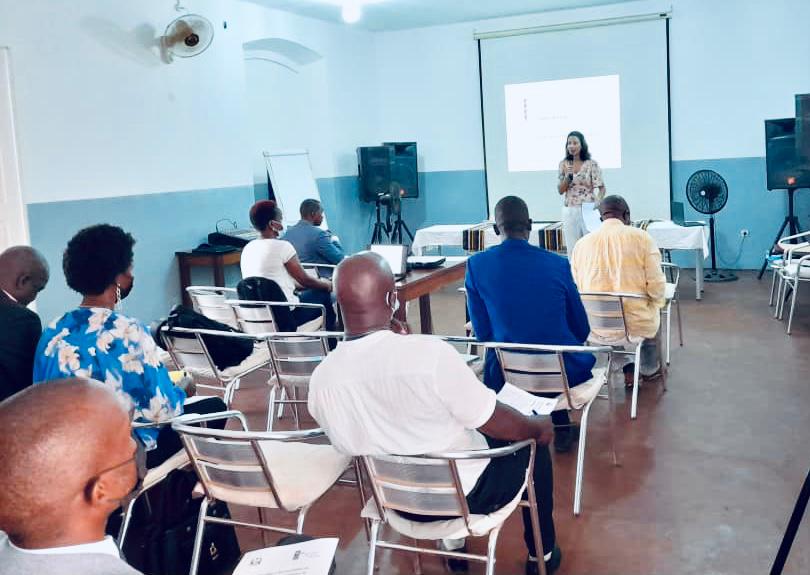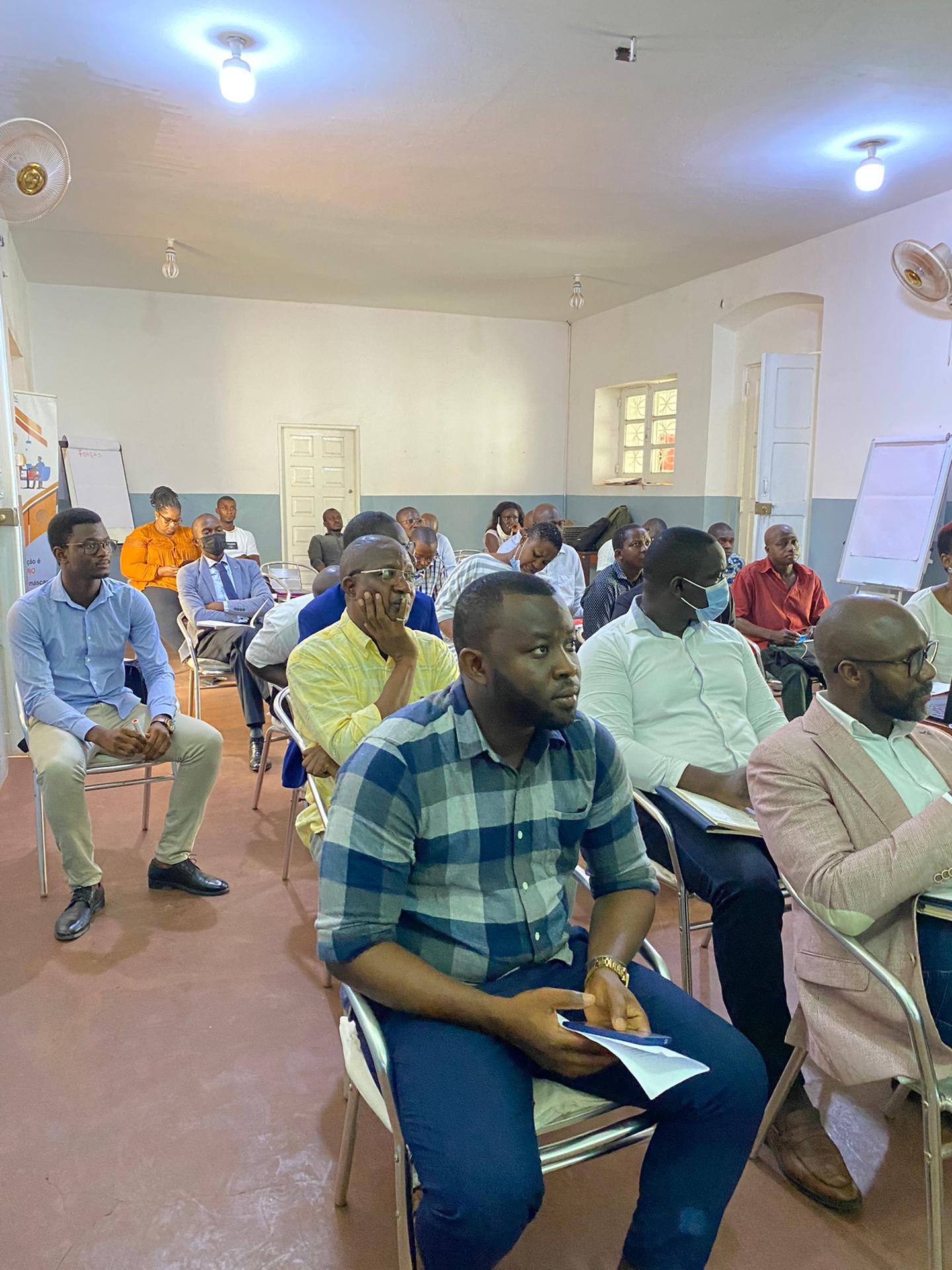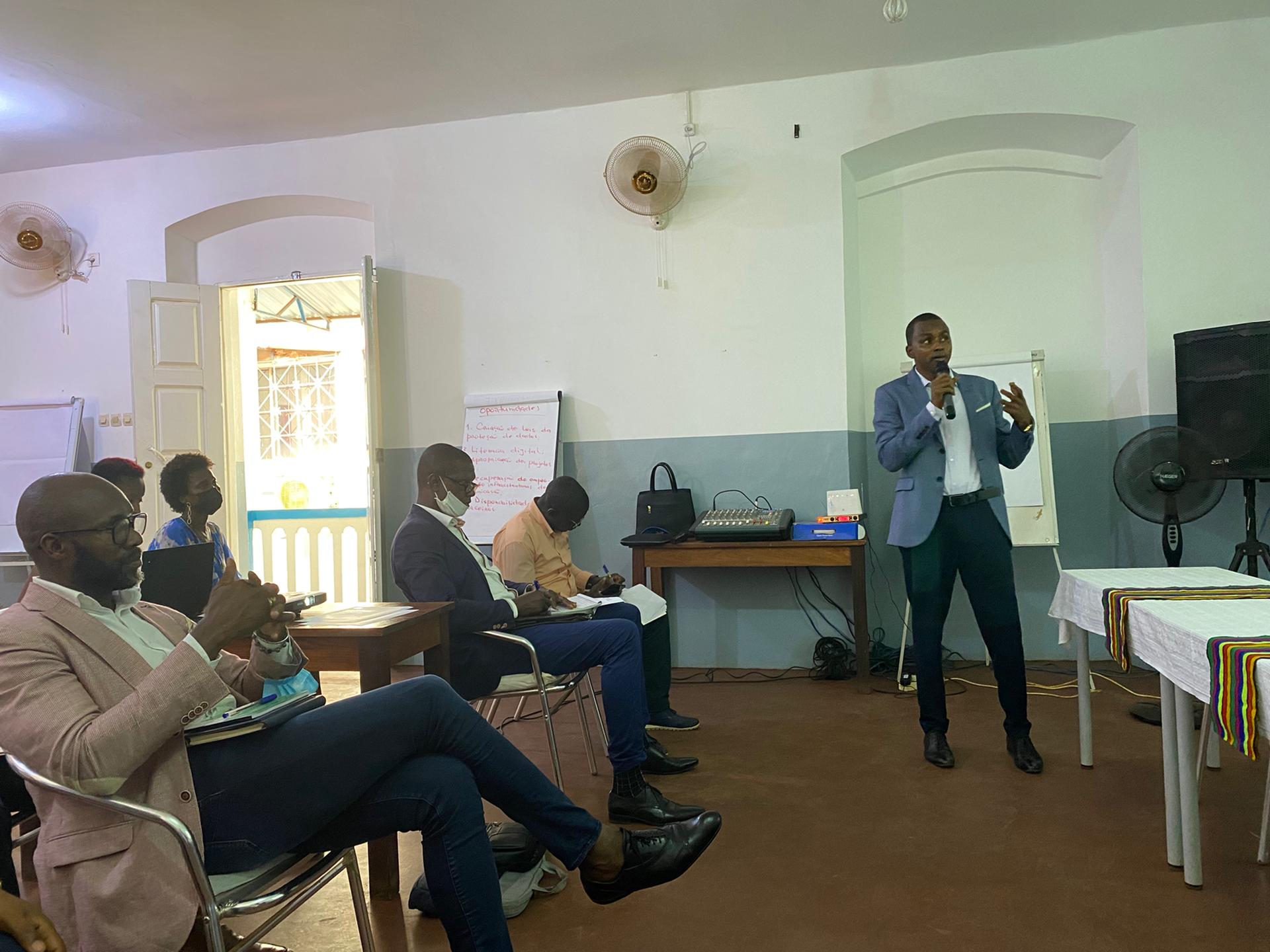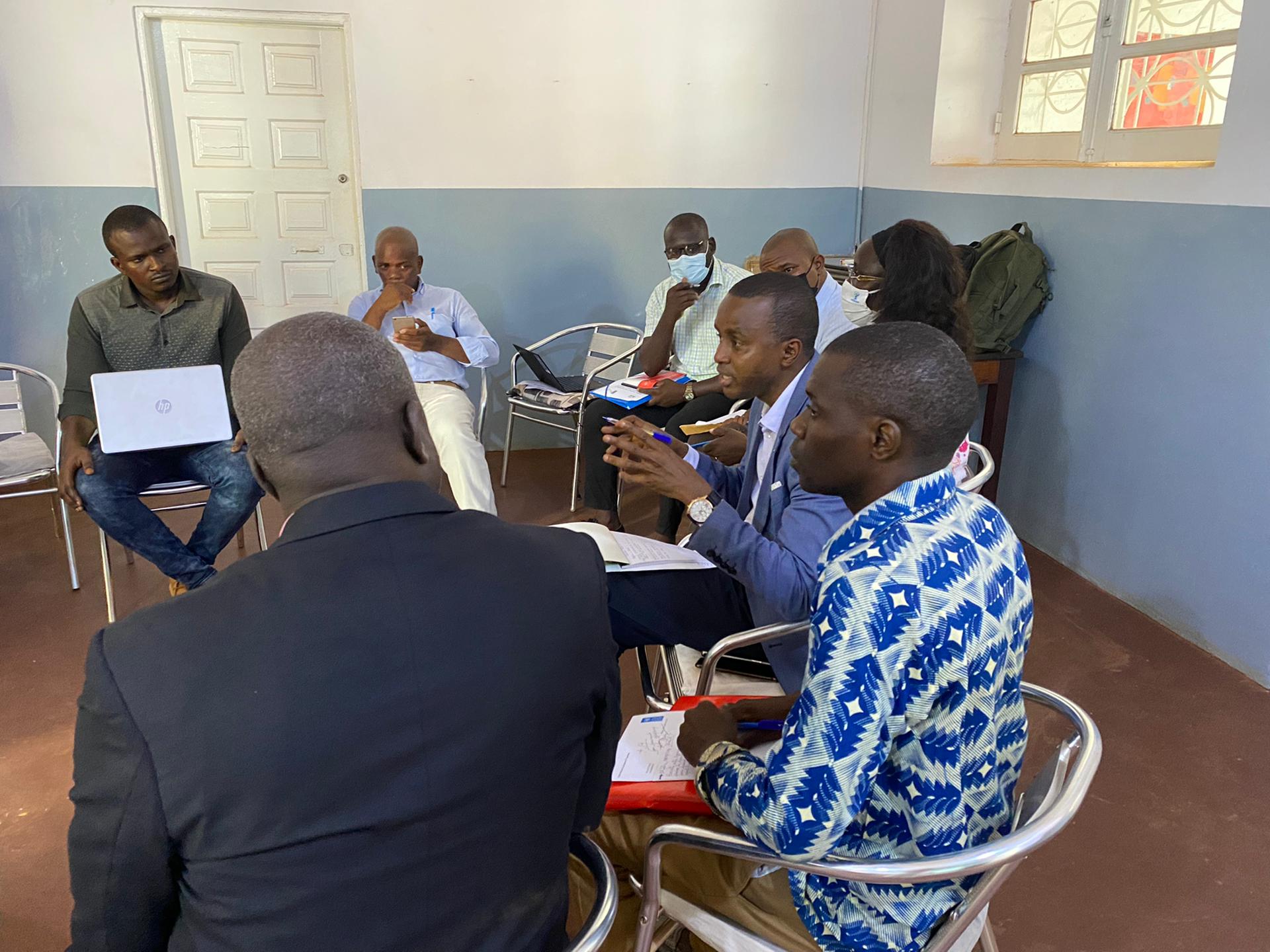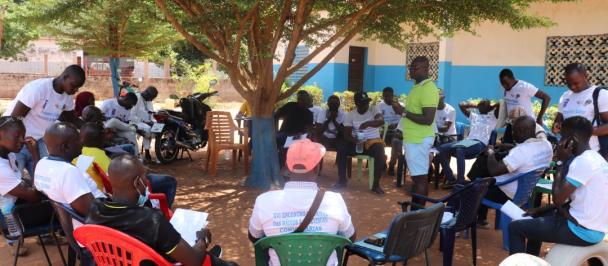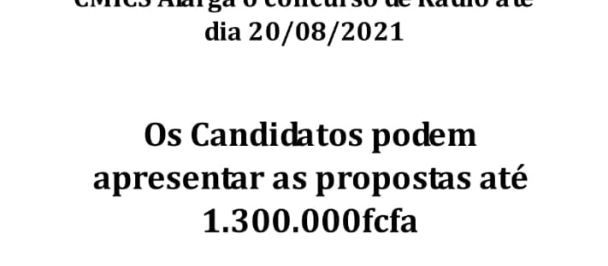Photo: UNDP, 2021
Guinea-Bissau is a country emerging from years of struggle with democratic governance and institutional stability. Digital transformation provides enormous opportunities for an improved, transparent, and effective governance system that truly works for all.
In Guinea-Bissau, the Government has not fully tapped into the potential of technology to lead transformative processes yet. Digitalization and digital transformation offer an opportunity to improve the performance and functioning of the public administration and the capacity of the government to provide services and interact with the citizenry in an effective way that leaves no one behind.
Over the past few years, UNDP and partners have stepped in to support activities aimed at improving service delivery through digital transformation using digital technologies, including for instance, the digitization of criminal registry and the creation of several databases, among others.
With the advent of the COVID-19 crisis, it has become even clearer that the potential for digital transformation to improve the functioning of the State, the delivery of government functions and the relation between citizens and the State cannot be achieved with scattered digital initiatives. This risks to widen the digital divide and leave the country and its citizens further behind.
Photo: UNDP, 2021
It is in this context that UNDP entered into a partnership with the United Nations University Operating Unit on Policy-Driven Electronic Governance (UNU-EGOV) to carry out a study on e-governance and digital transformation and to develop a roadmap for e-governance in the country. The study aims to analyze the limits, challenges, and opportunities of digitization in the governance system, and to identify possible digitization and digital transformation initiatives that can have a catalytic impact for transformation. This would improve the performance and functioning of the public administration and the government's ability to provide services and interact with its citizens in a meaningful way.
Photo: UNDP, 2021
As a result of consultations that the United Nations University Operating Unit on Policy-Driven Electronic Governance (UNU-EGOV) has been carrying out since early January 2021 with various sectorial ministries, a workshop on the SWOT analysis of an e-governance system in Guinea-Bissau was held in collaboration with the Office of the Vice Prime Minister and the active participation of many sectorial ministries on June 15, 2021. Speakers explored how to foster the role of digital transformation as a catalyst to spur innovation and partnerships towards inclusive, and sustainable e-governance across the public sector to promote positive changes for all.
Photo: UNDP, 2021
The study on e-governance and digital transformation, when concluded, is expected to feed the elaboration of a Bissau-Guinean roadmap for developing citizens-driven approaches for coherent and sustainable digital service delivery, thus harnessing digital transformation of the public sector.
Whereas the Government of Guinea Bissau has continued to demonstrate willingness to improve core government functions, UNDP remains committed to support the Government and all Bissau-Guineans in the pursuit for excelence in democratic governance.
For more information and interview requests, please contact: Luana Natali, Head of Governance Cluster, UNDP Guinea-Bissau, luana.natali@undp.org +245-320-1200/ 956-621-324
* * *
UNDP partners with people at all levels of society to help build nations that can withstand crisis, and drive and sustain the kind of growth that improves the quality of life for everyone. On the ground in nearly 170 countries and territories, we offer global perspective and local insight to help empower lives and build resilient nations.

 Locations
Locations